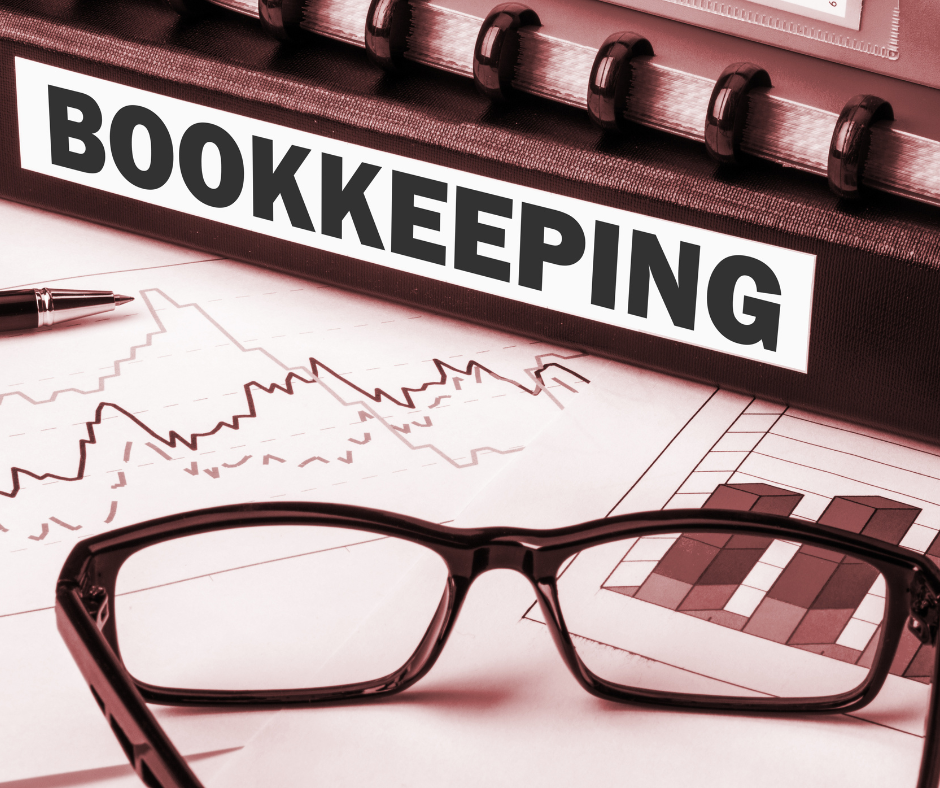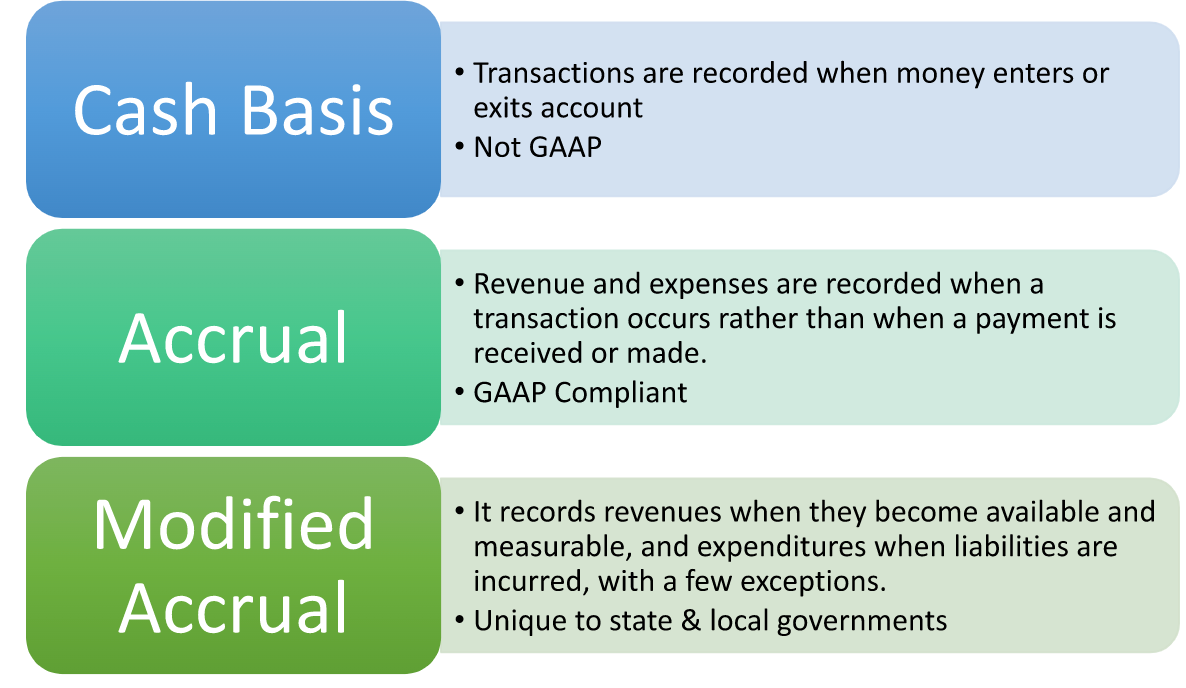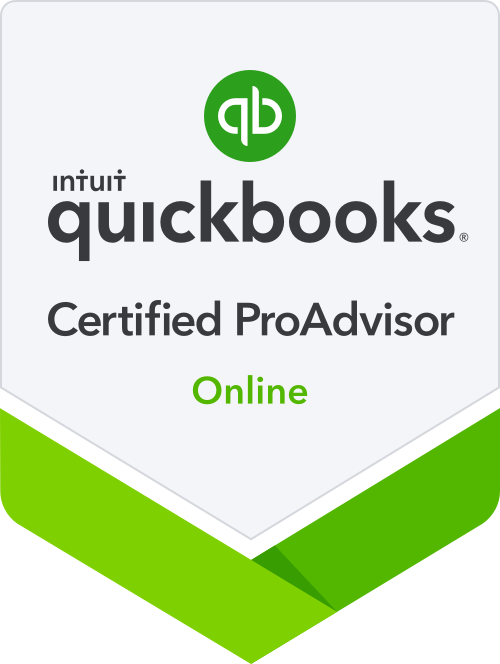Bookkeeping Best Practices
What is one of the most important aspects of running a business? You may be thinking of advertising or revenue streams. Although those are important areas, bookkeeping is one of the top functions that makes or breaks a business.
Understanding bookkeeping best practices give you the ability to set a strong foundation for your business to grow, making it critical to evaluate and improve your current procedures.

Separate Business and Personal Transactions
Many small businesses are set up as a sole proprietorship or single-member LLC. Although these setups are relatively simple and cost-effective, you do need to take additional steps to properly separate business and personal transactions.
The commingling of business and personal transactions gives the court the ability to go after your personal assets in the event your business is sued. You want to avoid this at all costs, making it important to keep a separate business bank account where only qualifying transactions are run through.
Create Internal Controls
Internal controls are vital to reduce the risk of fraud in your business. Businesses with few employees face the same risk compared to enterprises with hundreds of employees. Set safeguards up throughout your bookkeeping function and segregate duties to limit the access employees have.
This could be having one person enter payables and another employee enter receivables; however, if multiple employees in the bookkeeping function aren’t ideal or cost-effective for your business, consider outsourcing your bookkeeping to an independent third party like Gordian Financial.
Reconcile Bank Accounts Monthly
One of the basic components of bookkeeping for your business is regular reconciliations of all bank and credit card accounts. This helps ensure that the transactions you have in your accounting records match what the bank says actually cleared.
The bank does make mistakes too, which is why you want to be reviewing the money flowing in and out of your business on a monthly basis. Try and complete these reconciliations the week following month-end to implement timely controls.
Review Financial Reports
Strong bookkeeping provides you access to financial statements that can aid in the decision-making process. Frequently reviewing the income statement helps you understand where changes may be needed in operations. Moreover, you can implement favorable tax planning strategies based on the items on your income statement.
The accounts payable and accounts receivable aging schedules also provide valuable insight. These documents tell you how much you owe to suppliers and vendors and how much customers owe you, allowing you to implement effective cash flow management policies.
Back Up Your Accounting Data
Backing up your accounting data is also on the list of bookkeeping best practices. Luckily, most accounting software programs are cloud-based, giving you access to your accounting information from anywhere and ensuring data is automatically backed up. However, if you are currently using a desktop version, consider backing your data on a daily basis.
Summary
These bookkeeping best practices are only the start of the controls you should have in place throughout your accounting function. Feeling overwhelmed? If so, you aren’t alone as many business owners don’t enjoy bookkeeping for their business.
If this describes you, reach out to the experts at Gordian Financial. This team of bookkeepers has been helping business owners for years to uncover valuable insight from strong bookkeeping procedures.
Reach out today to set up a consultation.











